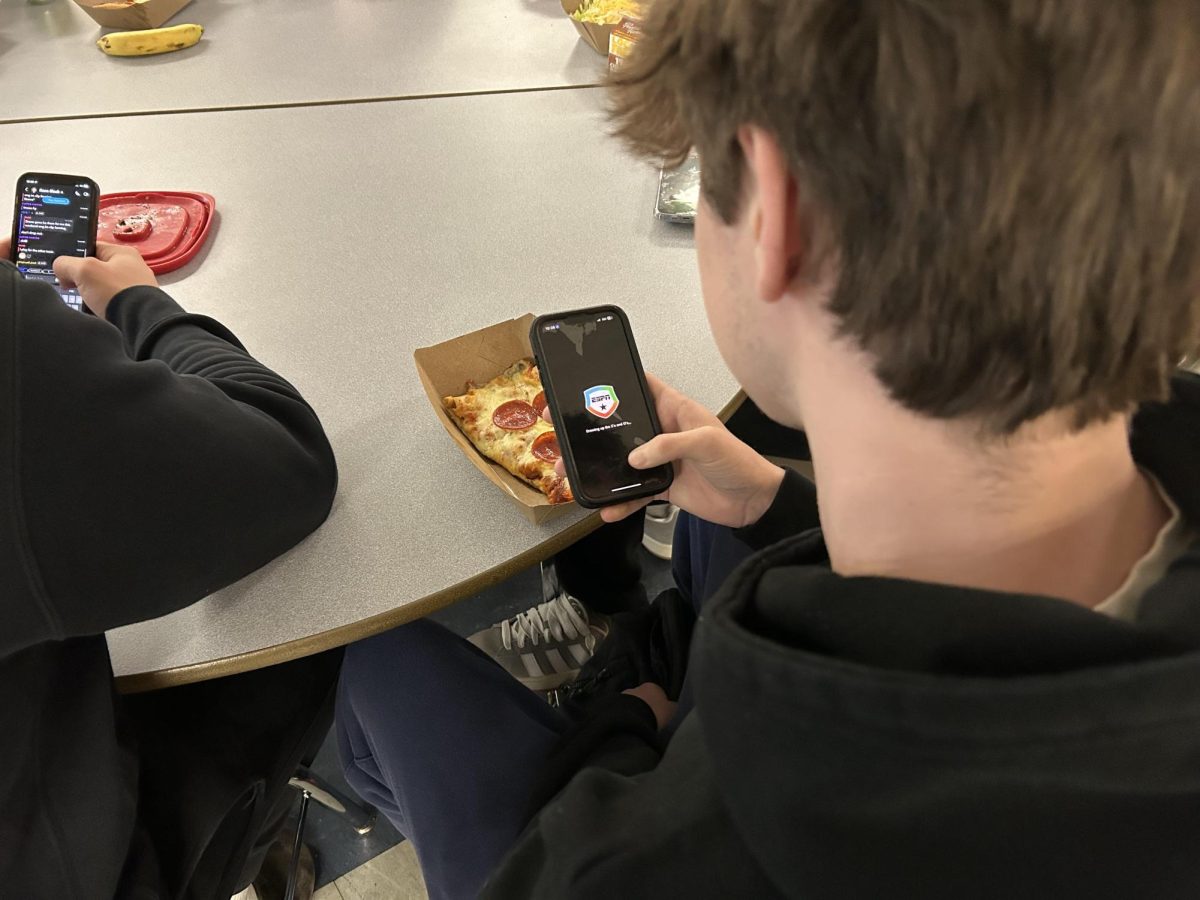
Imagine that you have a safe. However, this isn’t just a normal safe, this safe is literally unbreakable for anyone who doesn’t have a key. If a law enforcement agency wanted to open the safe, they couldn’t blow it up, they couldn’t pick the lock, they would explicitly need your consent or it would not open. This is the state of modern encryption technology and it has created a massive problem for law enforcement.
Over the past few months, the tech-giant, Apple has been in a conflict with the FBI over the phone of one of the San Bernardino shooters. For those who don’t remember, the San Bernardino shooters were a married couple, alleged ISIS sympathizers, that killed 14 people and injured 22. Initially, a court mandated that Apple provide a loophole so the FBI could bypass the iPhone’s passcode system. Apple refused, saying that the loophole would compromise their entire security system. This immediately raised questions about privacy and the ramifications that such a loophole would have.
The FBI’s request was for Apple to provide a backdoor so the FBI could gain access to the shooter’s iPhone. This backdoor would circumvent Apple’s passcode system by ensuring that the phone would not erase its data after multiple failed attempts to gain access. This technology would allow the FBI to “brute force” its way into any iPhone it wanted.
There were many issues with the FBI’s request. While the FBI initially said that the backdoor would only be used on one iPhone, Apple was then faced with nine more requests to unlock similar phones. This gave credence to those who believed that the FBI’s demand would be a slippery slope when it comes to cyber-technology. While all nine iPhones were involved in criminal investigations, providing a backdoor to the FBI would be giving the government another way to illegally investigate citizens of the US.
Another issue with the backdoor is the threat of hackers obtaining it. If the FBI were to obtain the software necessary for unlocking the phone, it is inevitable that hackers would also obtain the technology. Whether someone hacked into the FBI to obtain the software, or they found it on their own, being able to access any iPhone would be catastrophic. The risk of leaking personal information or the threat of someone’s identity being stolen would increase astronomically when hackers gained access to this form of technology.
This put Apple in an uncomfortable situation with other countries. If Apple were to give the U.S. this backdoor into iPhones, would they have to do the same for Russia and China? Russia and China are known for their more authoritarian forms of government and they may show a less altruistic attitude when it comes to spying on their populations than the U.S. This precedent that the FBI tried to set could potentially compromise every iPhone on the planet. What about other companies? If Apple acquiesced to the FBI’s request what about other companies like Microsoft? Microsoft, which has backed Apple, would be put in an equally bad situation.
However, the FBI says it has found a way to access the iPhone without Apple’s help. While the details are still unclear, it seems like a third party has given the FBI a way to access the phone. It is unknown whether or not this software could be used on other phones, but we do know that the FBI has refused to give Apple its new technology. It’s sort of ironic that Apple is now asking the FBI for a backdoor into its own iPhone but it raises an interesting question, “Should the government be required to disclose security loopholes to tech companies?” Apple obviously wants to patch whatever loophole the FBI is using and the FBI obviously wants the loophole to stay in place.
This question is incredibly complicated. Leaving a loophole of this nature open could potentially leave millions of people in danger of hacking or identity theft, but closing the loophole would prevent the government and the police from getting vital information about terrorists and criminals.
These digital “keys” are immensely problematic for iPhone owners. Not only is there a very real possibility that hackers or other groups could obtain them, but this allows the government to get into any iPhone it wants, without any oversight from Apple or the American people. There are real issues with cyber-security and unbreakable “digital-safes,” but the answer to that problem is not giving the government a master-key to every iPhone in the country.
Security vs. privacy will always be a problem in modern society; however, the answer to the problem is to limit the FBI from unlimited access to iPhones. Beyond that, this loophole compromises Apple’s security system and potentially exposes people’s personal information to hackers. This new loophole could be devastating for millions of people around the world.
Categories:
The Answer to Encryption is not Unlimited Phone Access
April 28, 2016
0
More to Discover







